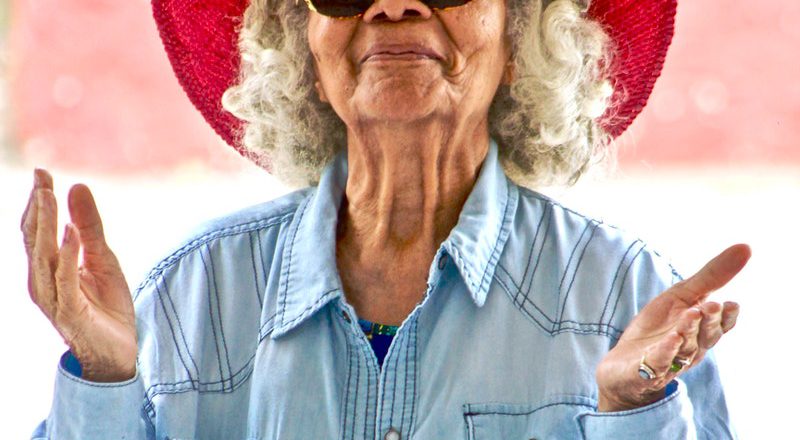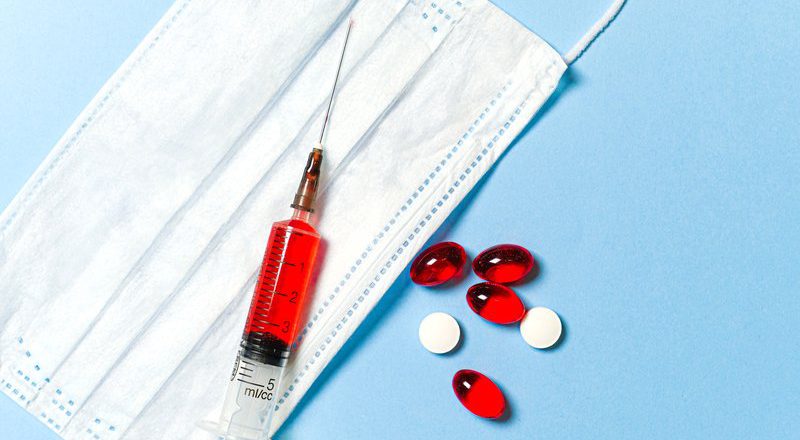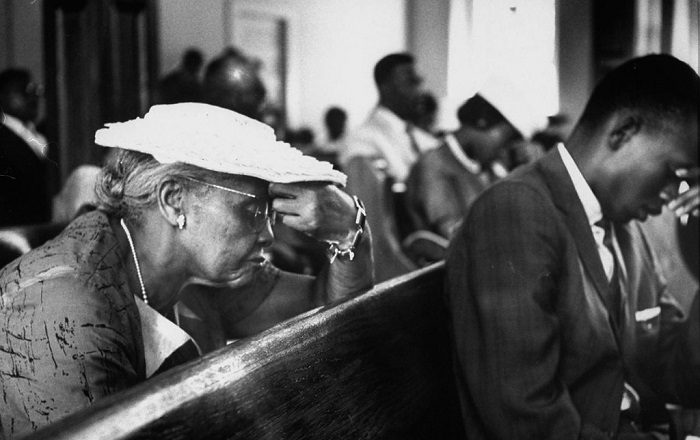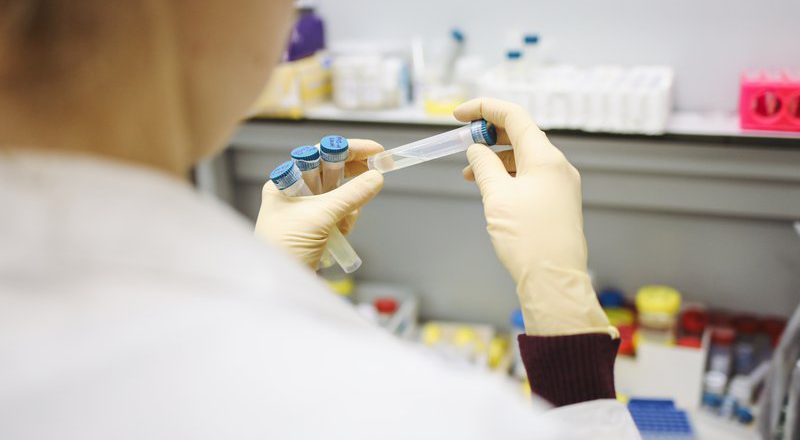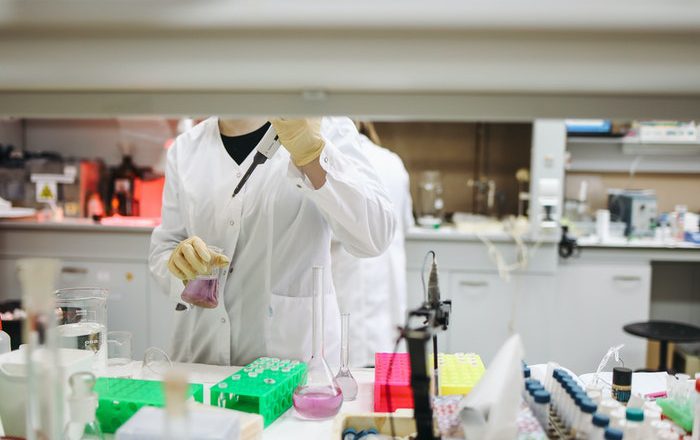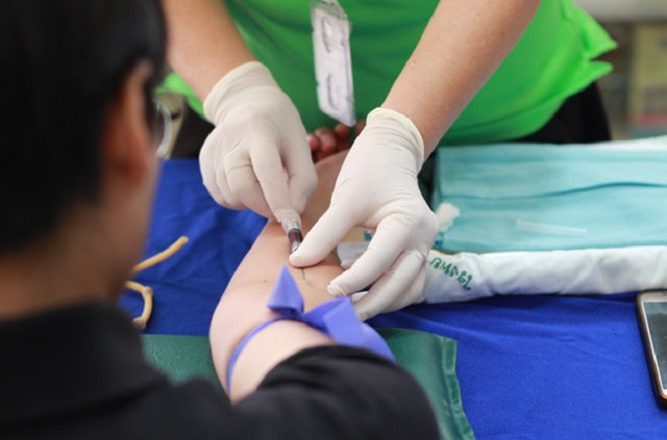In the time of the COVID-19 pandemic, what should you say to someone who refuses to wear a mask? A philosopher weighs in
Multiple studies have shown that masks reduce the transmission of virus-loaded droplets from people with COVID-19. However, according to a Gallup poll, almost a third of Americans say they rarely or never wear a mask in public.
This raises a question: Can the anti-maskers be persuaded to wear masks?
To some, it might appear that such a question has no ethical dimension. Wearing masks saves lives, so everyone should do it. Some even believe anti-maskers are simply selfish.
But as a philosopher who studies ethics and persuasion, I argue that things are more complicated than that.
Kant on love and respect
To start, consider one of the most influential ethical frameworks in Western thought: that of the German philosopher Immanuel Kant.
According to Kant, morality is ultimately about respec...


